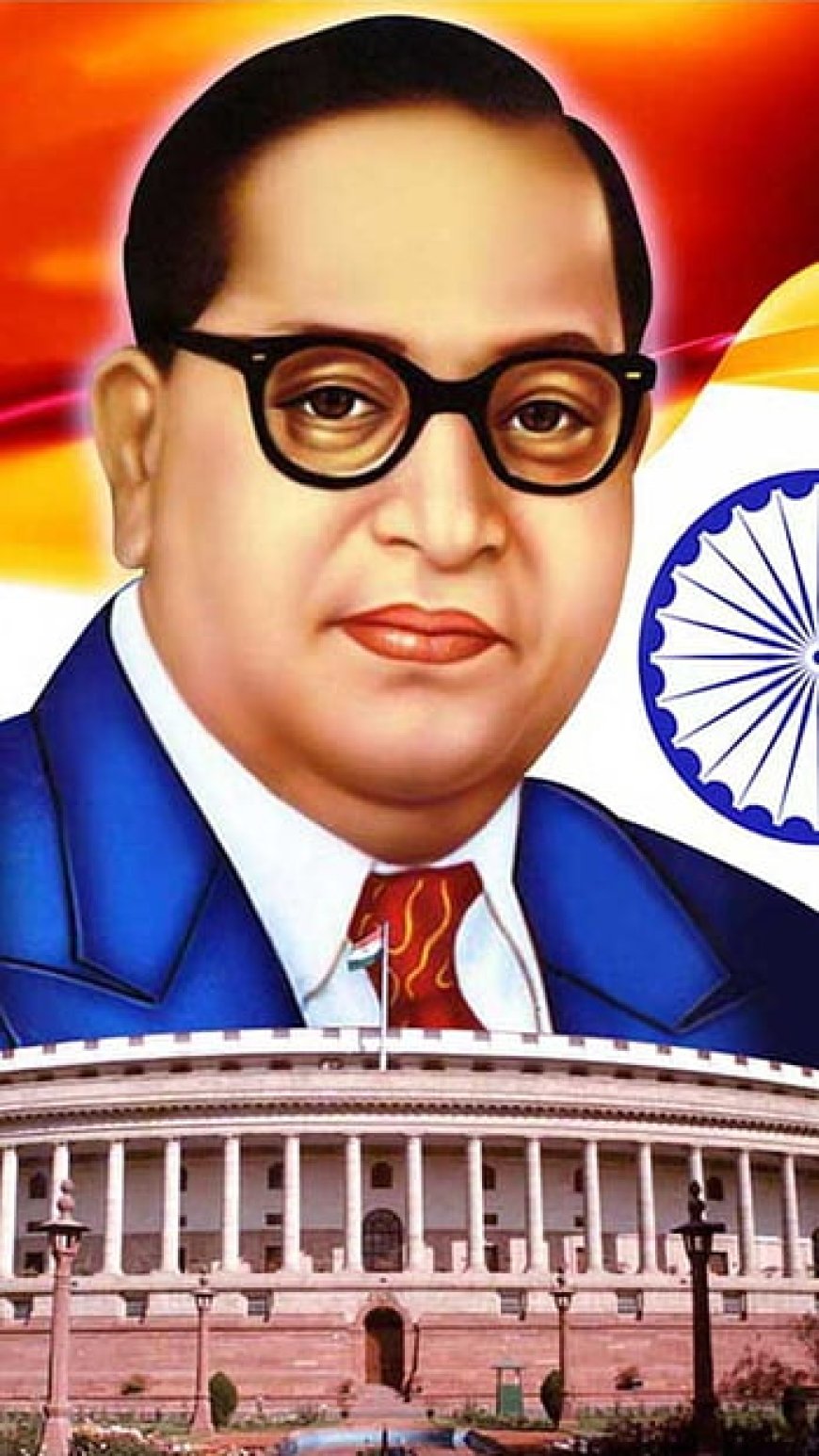Dr. B. R. Ambedkar
Bhimrao Ramji Ambedkar, (born April 14, 1891, Mhow, India—died December 6, 1956, New Delhi), leader of the Dalits (Scheduled Castes; formerly called untouchables) and law minister of the government of India (1947–51).

Dr. Bhimrao Ramji Ambedkar, also known as Babasaheb Ambedkar, was an Indian jurist, economist, social reformer, and politician who is widely regarded as the father of the Indian Constitution. He was born on April 14, 1891, in Mhow, Madhya Pradesh, India, to a Mahar family, which was considered an untouchable caste.
Despite facing social discrimination and obstacles throughout his life, Ambedkar excelled in academics and went on to study law and economics in the United States and the United Kingdom. He was deeply committed to the cause of social justice and worked tirelessly to improve the condition of the marginalized communities in India, particularly the Dalits.
Ambedkar was a key figure in the Indian independence movement and played a crucial role in drafting the Indian Constitution. He was appointed as the chairman of the Drafting Committee of the Constituent Assembly, and his vision and ideas shaped the constitution's provisions on fundamental rights, social justice, and affirmative action.
Apart from his contribution to the constitution, Ambedkar also worked extensively for the upliftment of the Dalits and other marginalized communities. He founded several organizations and movements, such as the Bahishkrit Hitakarini Sabha and the Samata Sainik Dal, to promote the interests of these communities.
Ambedkar passed away on December 6, 1956, at the age of 65. His legacy as a social reformer, political leader, and champion of social justice continues to inspire people around the world. His birthday, April 14, is celebrated as Ambedkar Jayanti in India and is a public holiday in some states
Dr. B.R. Ambedkar had several wishes and visions for India, particularly for the marginalized and oppressed communities. Here are some of his most significant wishes:
-
Social Equality: Ambedkar's most significant wish was to achieve social equality in India. He strongly believed that the caste system was the root cause of social inequality and discrimination, and he worked tirelessly to abolish it.
-
Education: Ambedkar believed that education was the key to social and economic progress, and he advocated for universal education. He believed that education was the only way to empower the marginalized communities and make them self-sufficient.
-
Political Representation: Ambedkar believed that the marginalized communities must have adequate political representation to ensure that their voices are heard in the government. He fought for reserved seats for the Dalits in the Indian Parliament and state assemblies.
-
Women's Rights: Ambedkar was a strong advocate of women's rights and believed that gender equality was essential for social progress. He fought for women's rights to education, property, and political representation.
-
Constitutional Rights: Ambedkar believed that the Constitution of India must guarantee fundamental rights and freedoms to all citizens, regardless of their caste, gender, religion, or ethnicity. He played a crucial role in drafting the Indian Constitution, which includes provisions for social justice, affirmative action, and fundamental rights.
Ambedkar's wishes and visions were deeply rooted in his commitment to social justice and equality. His legacy as a social reformer and champion of the marginalized communities continues to inspire people around the world.
Ambedkar Jayanti is celebrated every year on April 14th to commemorate the birth anniversary of Dr. B.R. Ambedkar, who is considered the father of the Indian Constitution and a champion of social justice and equality. The day is celebrated throughout India and by the Indian diaspora around the world.
The celebration of Ambedkar Jayanti usually involves various cultural, educational, and political events, including speeches, rallies, and processions. Statues of Dr. Ambedkar are garlanded, and his books and photographs are displayed to honor his contributions to Indian society. People pay tribute to him by offering flowers, sweets, and other offerings at his statues and memorial sites.
The significance of Ambedkar Jayanti lies in its celebration of Dr. Ambedkar's life and legacy as a social reformer and champion of social justice and equality. Dr. Ambedkar fought tirelessly against the discrimination and oppression faced by the marginalized and oppressed communities, particularly the Dalits, and worked to secure their rights and upliftment. His contributions to the Indian Constitution, which include provisions for social justice, affirmative action, and fundamental rights, continue to shape Indian society today.
Ambedkar Jayanti is also significant because it is an opportunity to reflect on the progress made towards achieving social justice and equality in India and the challenges that remain. It is a reminder of the need to continue Dr. Ambedkar's legacy of fighting against discrimination and oppression and promoting social justice and equality for all.
What's Your Reaction?






















































